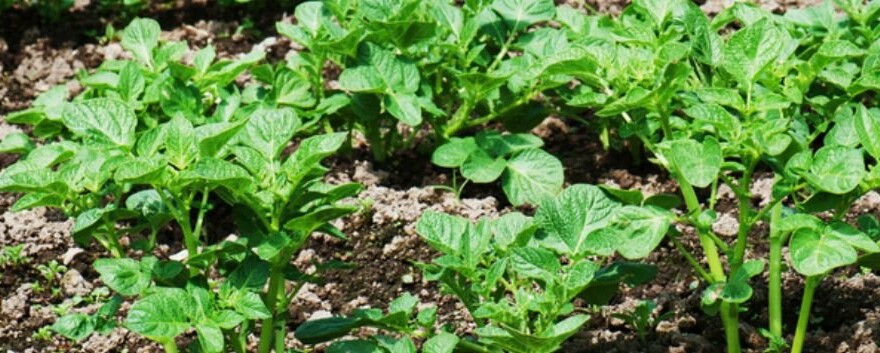A group of South Sudanese refugees in Uganda has resorted to vegetable farming to boost the relief aid they receive from aid agencies.
Uganda is home to about 1 million South Sudanese refugees according to the United Nations. These refugees receive monthly relief aid from the United Nations World Food Programme (WFP) despite a shortage in funding which led to reduced food rations.
But to supplement the relief aid, some refugees in the Bidi Bidi Refugee Settlement started to grow a variety of vegetables to reduce dependence on relief aid.
Mathew Lodule ventured into tomato farming.
“We were taught and now have got a lot of knowledge and skills in agriculture and we decided to put our ideas together to do something that can help us in the future,” he said.
He adds that overdependence on relief aid is not sustainable and may abruptly come to an end.
“We don’t need to put high dependence on humanitarian organizations because they will not last long here. So if they leave here tomorrow, we should be able to help ourselves,” he noted.
Amule Moris says they take turns in fetching water to irrigate their crops.
“We go and fetch this water; we start to irrigate one after the other. You see here we have ridges, the reason for the bulk mulching is just to reduce the sun heat intensity,” Moris explained.
Meanwhile, Amani Oliver, a member of the Refugee Welfare Committee (RWC) says the community resorted to farming to supplement the reduced WFP food rations.
“After they have already reduced the food, now the community knows they are in danger whereby some of them go to the host community then hire land, even they try their best here to do other activities to support the food,” he revealed.
About 1.5 million refugees in Uganda now receive 60% of their full monthly aid ratio. This new arrangement started last year February due to funding constraints.




